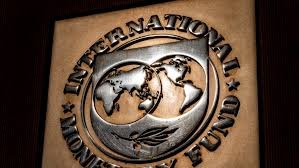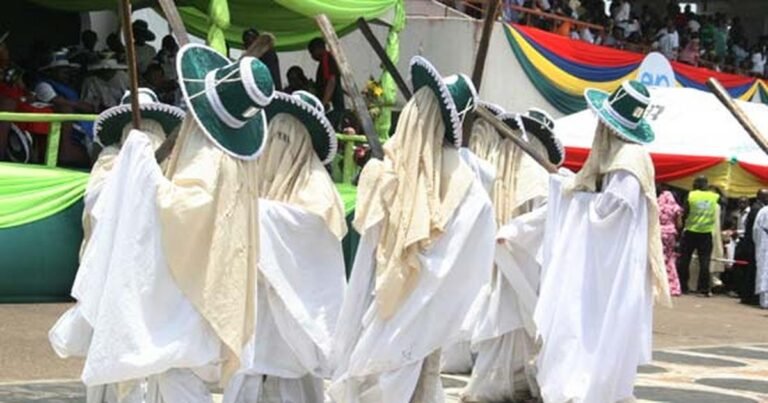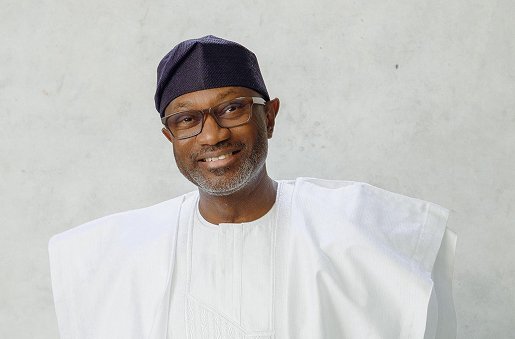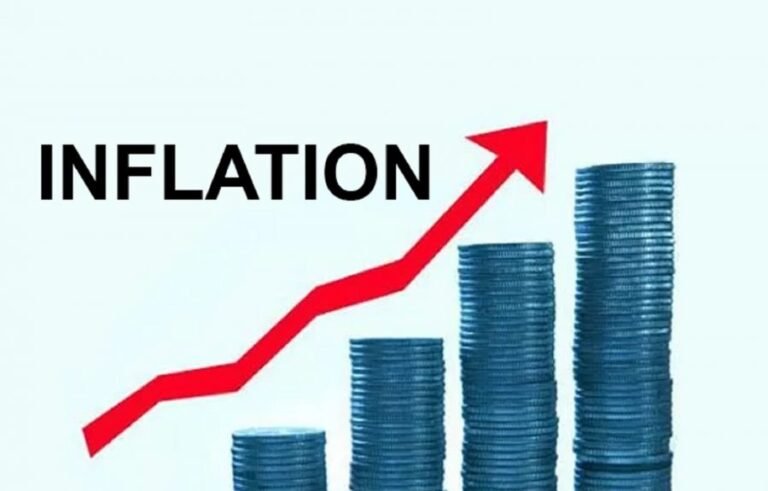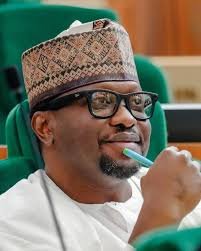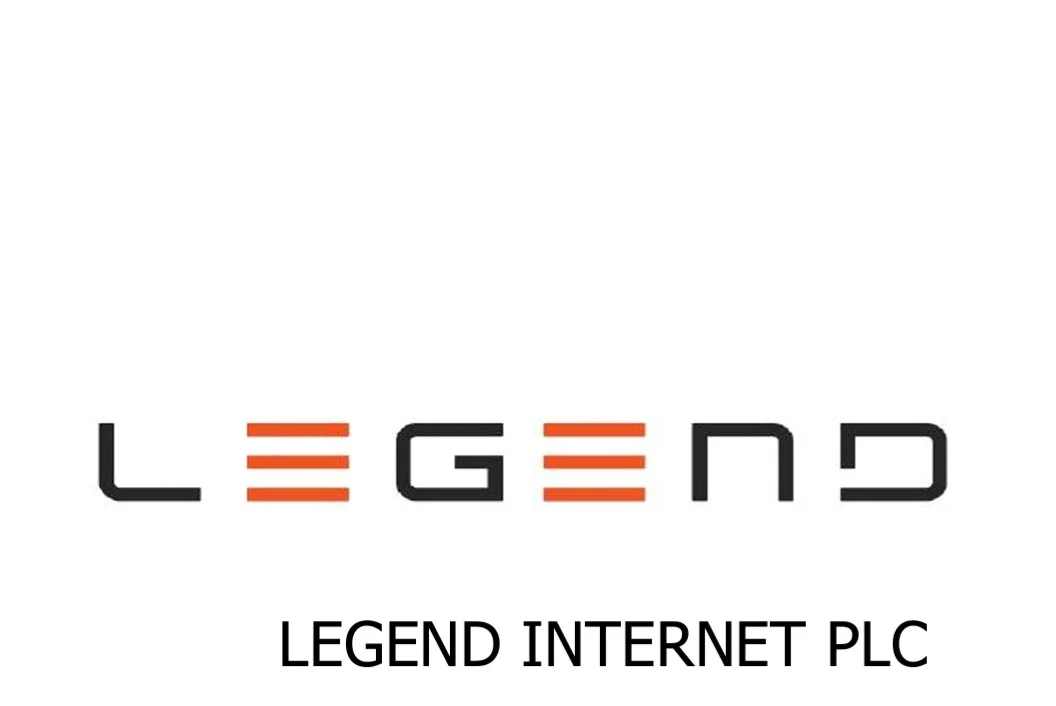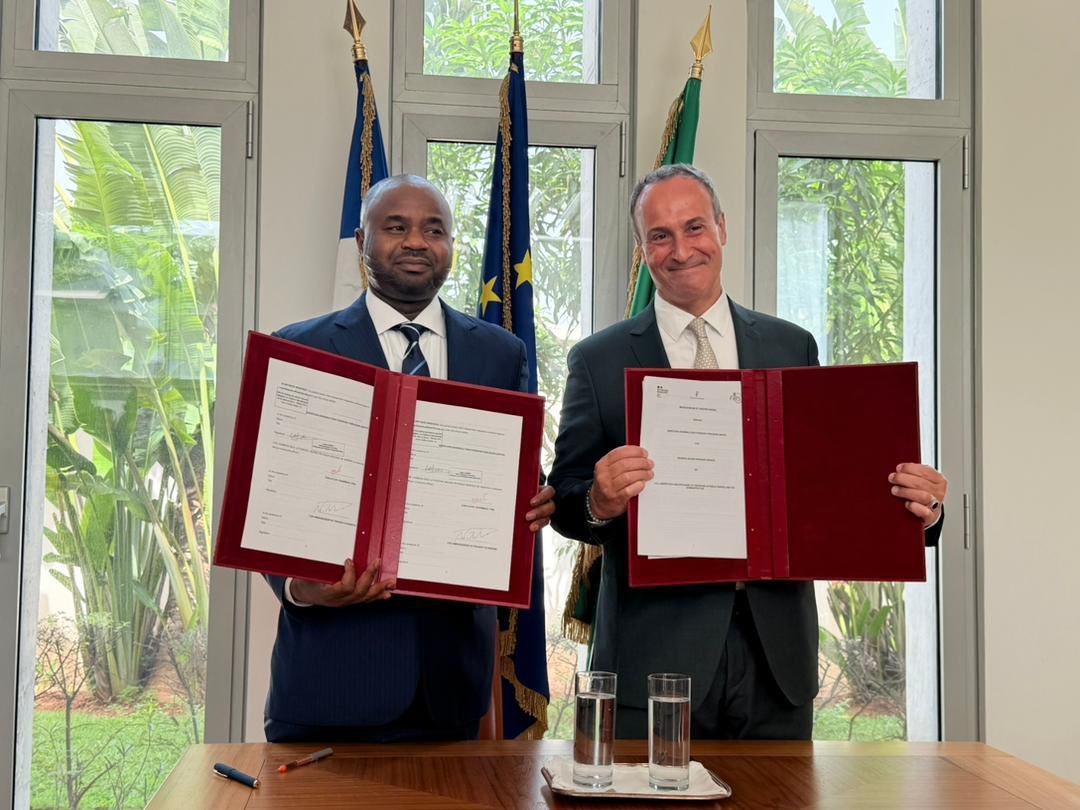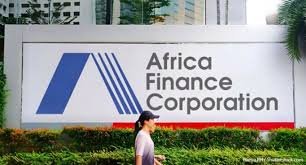Chad has reached an agreement with the International Monetary Fund (IMF) on terms for a four-year financial support programme worth about $630 million, under the fund’s Extended Credit Facility.
Per Reuters, the deal comes as the central African nation looks to implement an ambitious national development plan amidst a decline in global oil prices, which represents a main source of financing for the oil-rich nation, reduced public aid financing, and regional instability.
IMF mission head Julien Reynaud, in a statement, said, “Chad stands at a turning point in its history … The NDP will be implemented in a challenging global context. Conflicts and instability in the region, along with declining oil prices and reduced public development aid financing, will place additional pressure on the country’s budgetary resources.”
Chad’s Political Instability
Chad’s political landscape has been unstable, since the death of President Idriss Déby in 2021. A military government, led by Déby’s son Mahamat, seized power after his father’s death and initiated a transition period, which ultimately led to Mahamat’s election as president in 2024.
This transition was marked by protests, violence, and concerns about human rights and following the conclusion of its political transition, Chad intends to implement a range of reforms and projects under its National Development Plan named “Chad Connection 2030.”
Chad’s Economic Challenges
Chad’s economy is said to have grown by 3.5% in 2024, down from 5% in 2023 with growth projected to slow further to 3.3% in 2025, with a gradual increase expected over the medium term.
The new IMF programme is part of efforts to reduce Chad’s deficit to an average of 1.5% of GDP over the next four years from over 4% currently. This agreement is however still subject to the approval of IMF’s executive board and the securing of the necessary financing assurances, the statement said.


